By Beti Baiye and Thelma Thomas Abeku (Lead Writers)
From establishing the National Health Scheme Act to improving upon it with the National Health Insurance Authority Act, Nigeria has made admirable giant strides towards achieving Universal Health Coverage (UHC). Also commendable is the fact that achieving UHC is more than just a federal priority as states went on to domesticate the law by establishing State Health Insurance Schemes. As of January 2022, 35 states and the FCT have signed social health insurance schemes into law, with states such as Delta, Kaduna, Kano, Plateau, Oyo, Yobe and Lagos making significant progress in the enrolment of members.
In Lagos State, the Lagos State Health Management Agency (LASHMA), established in 2015, manages the Ilera Eko Scheme which is designed to provide access to effective, quality, and equitable healthcare services, while providing financial protection from the cost of healthcare to all residents of Lagos State.
Strengthening the Ilera Eko scheme
A strong health system is a must have for any entity that must achieve UHC as it is vital for the provision of quality, equitable and essential health services. Health financing is a critical part of this system, as it ensures that adequate funds are available and allocated to provide quality, affordable, and equitable health services to the population. This underlines the concept of UHC which ensures that all people obtain the health services they need without suffering financial hardship from paying for them.
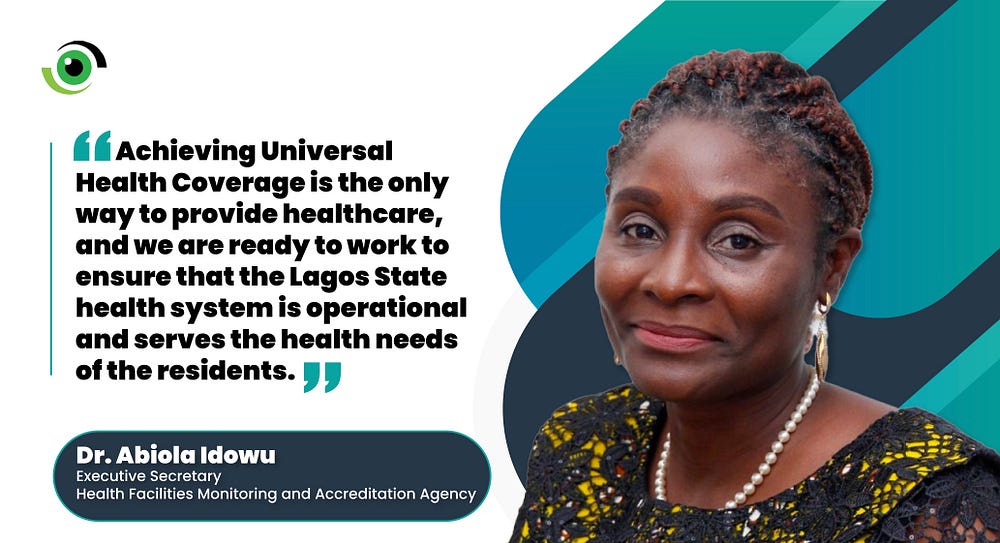
Ahead of plans for the full roll out of the Ilera Eko Scheme, in 2020, Health Systems Consult Limited (HSCL), a public health and development consulting firm, in partnership with NOI Polls, with support from LASHMA and Health Facility Monitoring and Accreditation Agency (HEFAMAA), conducted a first-of-its-kind supply side baseline assessment to provide the data required for an effective roll-out.
The overall purpose of the assessment was to “provide the Lagos State health insurance scheme with a true picture of the state of things at the beginning of the scheme and provide a benchmark against which they will measure their progress over time,” said Tolulope Oyekanmi, State Team Lead, HSCL, Lagos. HSCL is implementing the Strategic Purchasing for Family Planning, Maternal & Newborn Child Health (SP4FP-MNCH) project, funded by the Bill & Melinda Gates Foundation, to support the government-funded health insurance scheme in Lagos State.
A not so unusual approach
For an assessment of this nature, in-person facility visits by data collectors is the ideal approach, but the COVID-19 pandemic with the need to physically distance and the national lockdown, made this approach impossible. Undeterred, HSCL and their partners adopted a remote data collection method — telephone interviews. Surveys using data collected via telephone interviews represent a significant source of all current survey data and in some cases, surpassed data from face-to-face interviews.
A mixed methods research approach was used with quantitative and qualitative data gathered for the assessment. A list of 2,398 health facilities consisting of government and private, primary, secondary and tertiary health facilities was collated, with support from HEFAMAA. Target respondents interviewed at these facilities were chief medical directors, medical directors, facility in-charges, deputy facility in-charges, and facility administrators (where necessary). 2,206 hospitals were contacted and for reasons ranging from uncompleted interviews to duplicate numbers, a total of 1,256 interviews were completed. The telephone interview call protocol specified that each health facility on the list was attempted a maximum of six times for an interview before being categorised as unsuccessful.
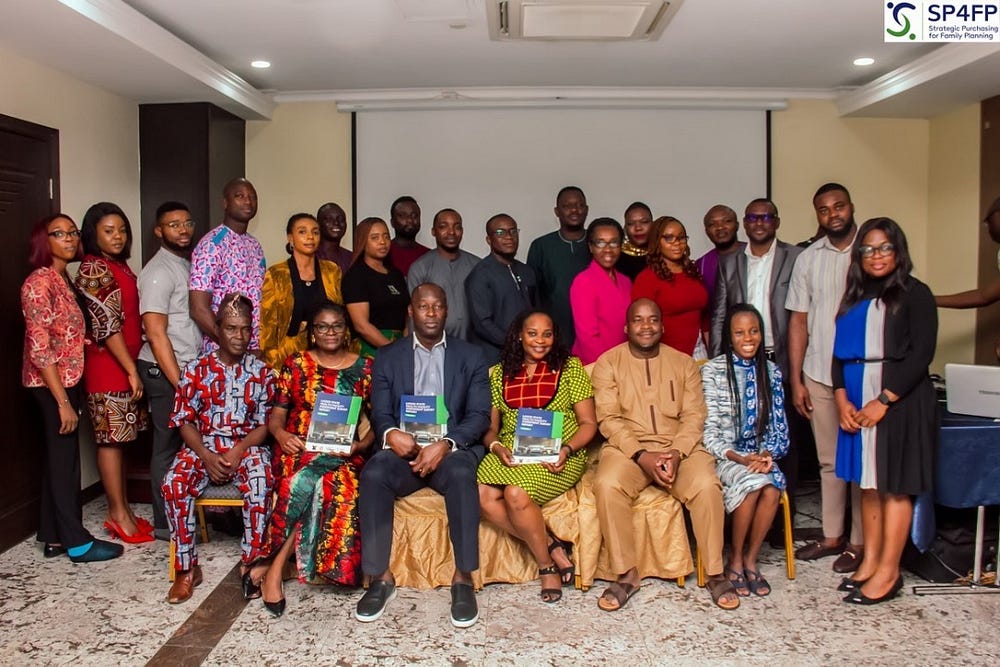
A summary of the results
The specific objectives of the health facility assessment were to determine the distribution pattern of the different types of health facilities in the state, level of service availability, level of general service readiness and service-specific readiness of health care facilities, and their capacity to provide high-quality services on the Lagos State Health Scheme (LSHS).
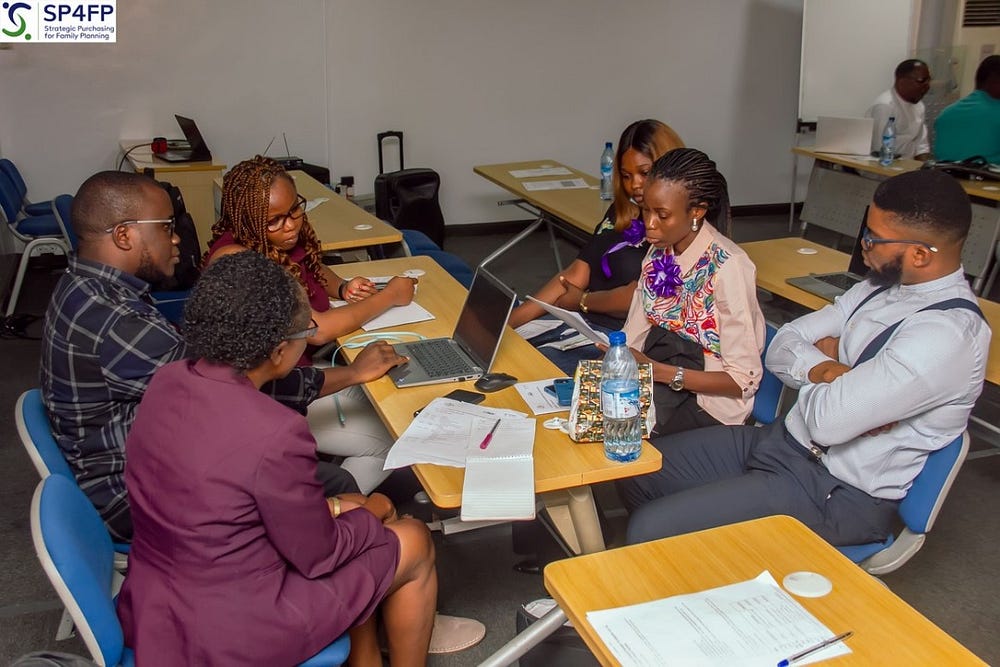
The facilities were assessed using the following parameters — human resources for health; availability of basic infrastructure, basic medical equipment, health services in health facilities, medical supplies and commodities; health insurance coverage; financial management systems; clinical governance; and the COVID-19 response. The results offered deeper insights into the state of health facilities in the state.
- Nurses were the most common health workers found in health facilities closely followed by midwives. Most facilities had electricity, sources of water supply and in-patient bed capacity. However, on average, overnight, in-patient and observation bed availability was at only seven beds per facility.
- Most facilities stocked essential drugs, with antibiotics being the most frequently stocked medication in these facilities. Most facilities offer diagnosis or treatment of malaria, HIV, TB. In addition, family planning services were available. Most of the facilities assessed had personal protective equipment (PPEs) as well as staff trained on infection prevention and control (IPC), however, most of them did not have an isolation room or ward.
- Most of the health workers interviewed were responsible for managing the facility’s accounting system. However, less than 50% used a financial management tool.
- Health insurance coverage in Lagos State was at less than 50%, from both the supply and demand sides. About 34.5% of health facilities offered health insurance and enrolees were notably lower in government/public-owned facilities.
- Primary Health centres (PHCs) had the highest percentage of facilities with a clinical governance committee. While only 9% of health facilities surveyed shared their statistics report monthly.
The HSCL project team believe that their biggest learning was the fact that some of the facilities assessed were open enough to give them a true picture of the situation in their facilities. They were however concerned that most of the health facilities were not registered under the LSHS and did not offer any form of health insurance. “This is a vital learning that spoke to the reach of health insurance in the state and can inform the agency to know that they need a wider reach,” said Oyekanmi.
Pre-validation and report launch
HSCL convened a meeting with stakeholders from the public and private sector to pre-validate the report on 1 September 2022. Speaking at the meeting, Dr Serrano, Head of Operations, LASHMA, said, “the report has shown us where the facilities are and their capacities. It has also given us a picture of the anticipated problems we are going to face and that helps us in planning the interventions for the various facilities”.
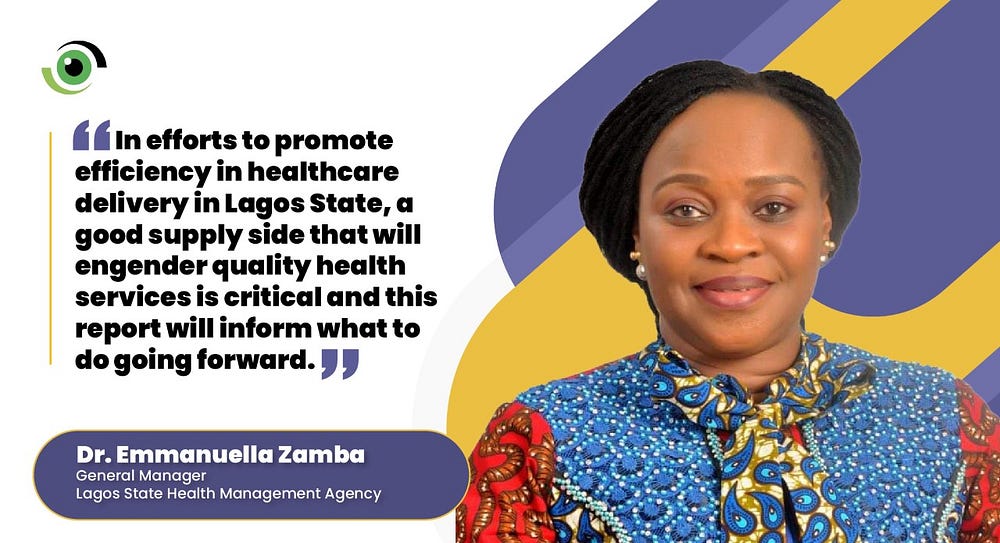
The findings were discussed and validated, and on the following day, 2 September 2022, partners and stakeholders gathered to witness the report launch. Also, present at the launch was Dr Abiola Idowu, Executive Secretary, HEFAMAA, Dr Emmanuella Zamba, General Manager, LASHMA, Dr Ibrahim A. Mustapha, Permanent Secretary, Lagos State Primary Health Care Board and Professor Akin Abayomi, Honourable Commissioner for Health, Lagos State.
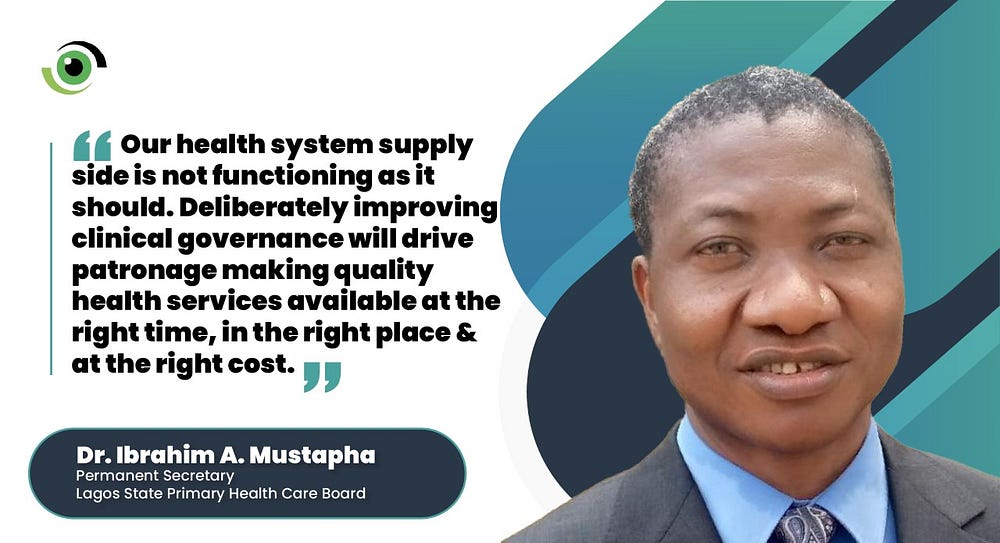
In his presentation, Dr Oluwatosin Kolade, Director, Technical, HSCL said, “Health facility accreditation is essential to having any real impact on healthcare. This report has done a thorough job of compiling data that will help the government provide quality services.” He added that the report will serve as an advocacy tool the government can use to identify the gaps as they speak to the facilities. It will also help the government track the result of their investment in healthcare, achievement so far, as well as what policies need to be crafted to achieve the state’s overall health target.
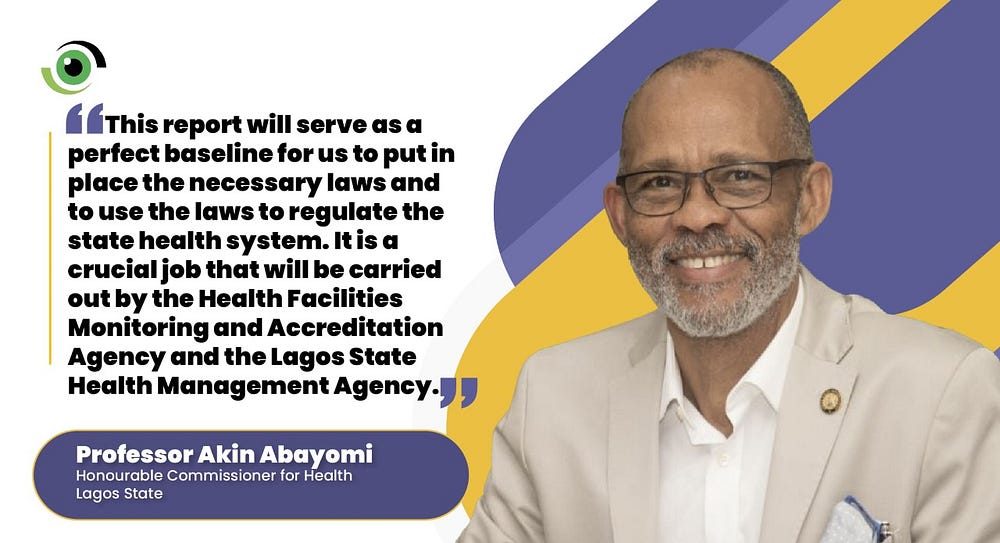
Launching the Lagos State Health Facility Assessment Report, Professor Abayomi expressed his pleasure with the project as “it demonstrates that we are serious and interested in meeting the desired standard of healthcare delivery in Lagos as we roll out a well-established state health insurance scheme’’. He added that it presented specific ideas which can be used as part of a road map to improve health services for residents of Lagos State.
Next steps
While the overall results were commendable, the Lagos State government should consider paying closer attention to some of the recommendations highlighted:
- Focus on employing more health personnel like laboratory scientists, Community Health Extension Workers (CHEWs) and pharmacists.
- Provide alternative sources of power supply for facilities without electricity and improve access to Water, Sanitation, and Hygiene (WASH) services.
- Intensify efforts to make essential medical diagnostic equipment available in government-owned facilities.
- Promote health insurance in the state to encourage the residents to enrol, and the facilities to get on-board the Ilera Eko Scheme.
- Develop a legal framework for clinical governance for all health facilities in the state to ensure uniformity in the quality-of-service delivery and data reporting at all levels
- Incentivise more private health facilities to meet the empanelment criteria to increase the number of facilities on the Ile-Era-Eko Scheme.
The assessment started in 2020 and ended in 2021 and the HSCL team believes that some of the results may have improved. However, the results of this baseline assessment will continue to serve as a reference point for future assessments that the project team recommends should be carried out every two years at a minimum.


